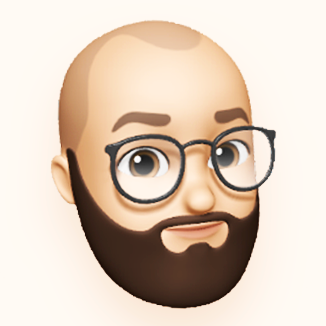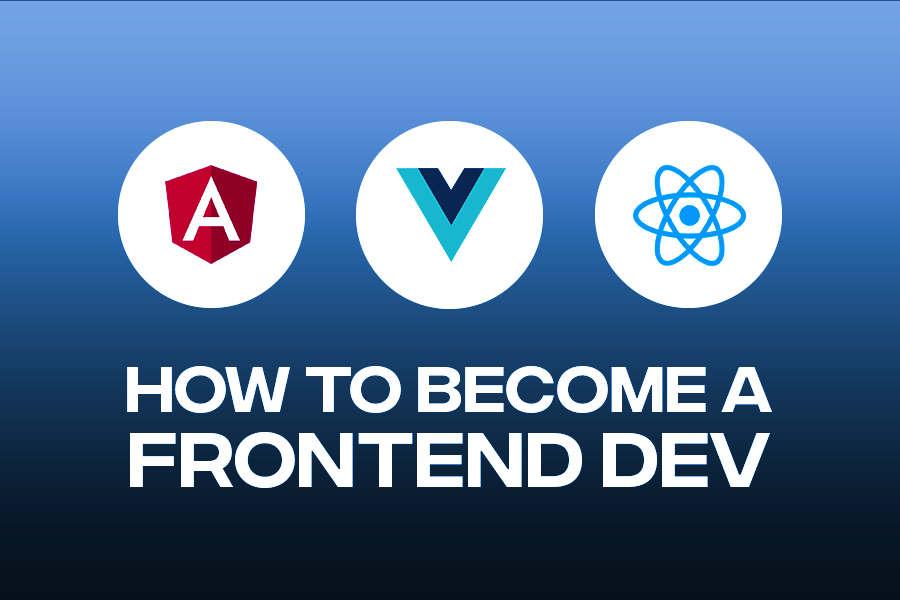How to Become a Frontend Developer: A Complete Guide
Created By /
heymmusttech.dev
Reading time /
3 Min
Category /
front-end
Date /
13 Sep 2024

Are you interested in creating dynamic and visually appealing websites? Frontend development is a crucial skill in today's tech-driven world, and mastering it can open up exciting career opportunities. In this guide, we'll explore the key steps and skills you need to become a successful frontend developer.
What is Frontend Development?
Frontend development is all about creating the parts of a website or web application that users interact with. This includes designing buttons, creating forms, and ensuring the overall layout looks appealing across different devices. It’s a blend of creativity and technical skill, with a strong focus on user experience.
Key Skills Every Frontend Developer Needs
To thrive as a frontend developer, you’ll need to hone specific skills:
- Problem-solving: You'll encounter challenges that require creative solutions.
- Attention to detail: Small mistakes can significantly affect user interaction.
- Design knowledge: A good sense of aesthetics is important when creating visually appealing websites.
- Collaboration: Often, you'll work alongside back-end developers, designers, and project managers to bring projects to life.
Essential Programming Languages
Mastering these core technologies is fundamental to becoming a frontend developer.
- HTML (Hypertext Markup Language: HTML is the building block of web development. It provides the structure for a website, defining the elements like headings, paragraphs, and images.
- CSS (Cascading Style Sheets): CSS handles the presentation of your HTML elements, allowing you to style your website. You can control colors, fonts, spacing, and layout to create a polished look.
- JavaScript: JavaScript adds interactivity to your website. It powers things like dynamic menus, sliders, and form validation. JavaScript is an essential language for any aspiring frontend developer.
Mastering Frameworks and Libraries
To enhance your development speed and code efficiency, it's important to familiarize yourself with popular frameworks and libraries.
- React.js: React is a JavaScript library that allows you to build reusable UI components. It’s widely used due to its simplicity and scalability, making it a must-learn for frontend developers.
- Vue.js: Vue.js is a progressive framework for building user interfaces. Its gentle learning curve makes it great for beginners, while still offering the flexibility needed for complex projects.
- Angular: Angular is a full-fledged framework developed by Google. It’s best suited for building large-scale applications, offering tools for routing, forms, and more, all within a single framework.
Building a Frontend Developer Portfolio
A strong portfolio is critical when applying for frontend development jobs. Here’s how to create one that stands out:
- Showcase Your Skills: Include a range of projects that demonstrate your abilities with HTML, CSS, JavaScript, and frameworks like React or Vue.
- Live Demos: Whenever possible, host your projects online so potential employers can see them in action. Services like GitHub Pages or Netlify are great for this.
- Highlight Responsiveness: Make sure your projects work well on both desktop and mobile devices. This shows you understand responsive design, a key aspect of frontend development.
How to Land Your First Frontend Developer Job
Once you’ve built up your skills and portfolio, it’s time to apply for jobs. Here are a few tips:
- Networking: Connect with professionals in the field through LinkedIn, tech meetups, and online communities.
- Keep Learning: Technology is constantly evolving, so make sure to stay updated with new tools and trends.
- Prepare for Interviews: Familiarize yourself with common technical interview questions and be ready to showcase your portfolio.
- Freelance or Intern: If you're finding it hard to get a full-time job, consider freelancing or interning to gain real-world experience.
Conclusion
Becoming a frontend developer takes dedication, but the rewards are well worth the effort. By mastering HTML, CSS, JavaScript, and popular frameworks like React, you’ll be well on your way to building beautiful, functional websites. Start building your portfolio today, and with persistence, your first frontend development job will be within reach.